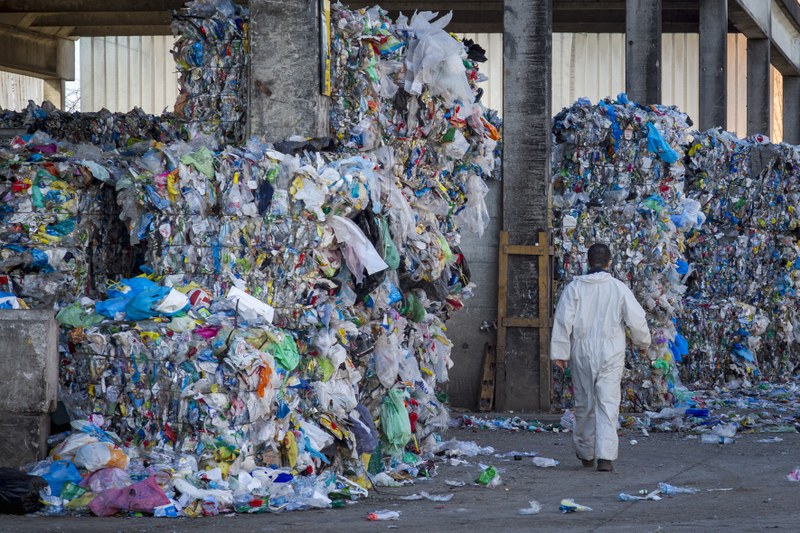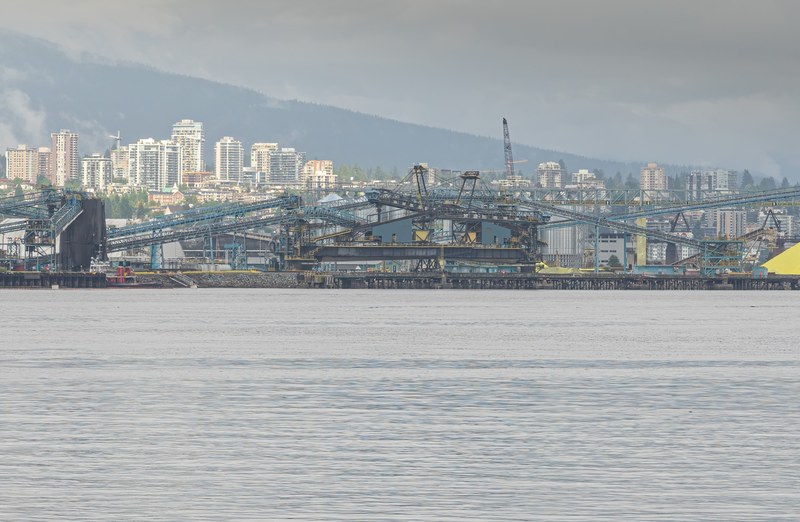All official European Union website addresses are in the europa.eu domain.
See all EU institutions and bodiesEurope is generating too much waste — and not enough is being recycled. The EU is working to create a more circular economy, among others, by preventing waste and improving waste management. At the same time, there are goals to reduce waste’s burden on health and the environment, and to keep valuable resources in the economy.
The EU generates massive amounts of waste from manufacturing, food, construction, electronics, textiles... And more is being generated each year.
In addition to losing valuable resources, waste can have significant negative impacts on human health and the environment. For example, incinerating waste can contribute to air pollution, landfills might contaminate water and land.
That is why the EU developed a waste policy that keeps products in use for as long as possible and sets strict standards for how to responsibly dispose of them when they can no longer be used. Policies and initiatives also focus on preventing waste generation in the first place by, for example, reducing food waste and making products easier to repair.
Many reuse and recycling initiatives can contribute to reducing the loss of resources in the EU:
- Reuse centres and second-hand shops make old products available to new users.
- Biowaste is turned into biogas and fertiliser.
- Secondary materials are created from building waste.
- Metals in electronic waste, such as from computers, gadgets and batteries are recovered and can be used in new devices.
Overall, the EU is slowly showing improvement toward recycling more and landfilling less. Still, achieving the EU’s waste objectives requires significant effort. Non-recyclable products need to be phased out, and waste should be collected separately so it can be recycled. Although more than 90% of EU waste is treated domestically, significant amounts are still exported — mostly for recycling — but not always managed optimally, potentially causing pollution abroad.
The way we manage our waste also needs to account for new waste streams. For example, as the number of electric vehicles grows in Europe, how will we recycle their batteries? Products need to be designed in a way to allow the recycling and reusing of their components.
Tracking EU waste prevention: time to focus on food waste
Despite progress in decoupling waste from economic growth, most EU prevention policies still rely on voluntary measures.
From 2010 to 2022, waste intensity fell by 13%, but market-based tools make up just 6% of prevention measures, and only 4% of food waste initiatives use economic incentives.
This EEA briefing highlights key challenges, focusing on food waste, where stronger regulation, better data, and clear targets can support climate, biodiversity and circularity goals.


What is your country doing to prevent waste?
Waste prevention is one of the key strategies to achieving a circular economy because it can reduce resource use, maximise the useful life of products and materials, and promote demand for more sustainable products.
Currently, almost all EU Member States have some quantitative targets and indicators on waste prevention but these targets and indicators vary widely.
The EEA has published updated ‘Waste prevention country fact sheets’, which show country-specific data and analysis on waste prevention efforts in EEA member and cooperation countries across Europe.
Is Europe making progress towards a circular economy?

Textiles consumption is rising, highlighting the need to circularity efforts
EU citizens consumed on average 19 kg of clothing, footwear and household textiles in 2022 — up from 17 kg in 2019 — placing textiles among the top five household consumption categories for environmental and climate pressures in the EU.
This EEA briefing presents new data underpinned by the Circularity Metrics Lab (CML), highlighting that fast fashion and low collection rates continue to hinder reuse and recycling, while a systemic shift to durable, high-quality and circular textiles is needed.
Can waste sector policies help reduce greenhouse gas emissions?
While the waste sector accounts for about 3% of total greenhouse gas (GHG) emissions, better use of waste as a resource can help reduce emissions in other sectors.
Waste sector emissions could decrease further once all current EU waste policies are fully implemented. Moreover, waste sector GHG emissions would decrease by 53% from the 2021 level if all EU-27 Member States, Iceland, Norway and Switzerland reduced their emissions to the average per-capita solid waste sector emissions of the five best performing countries


